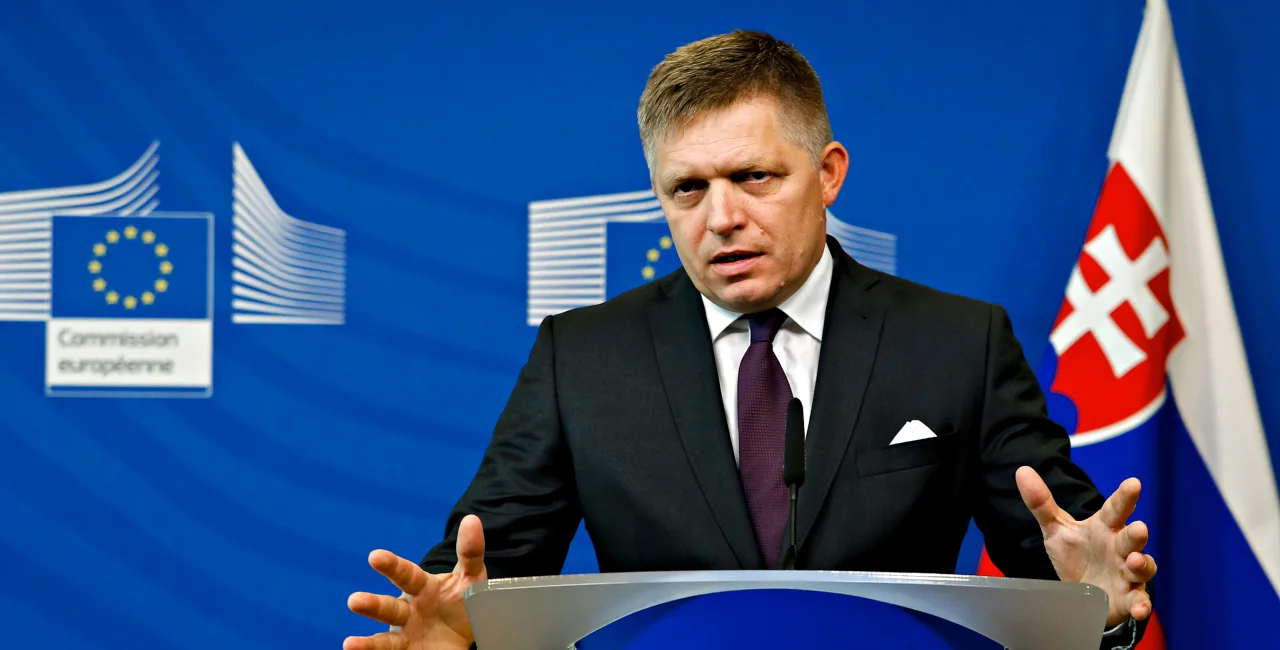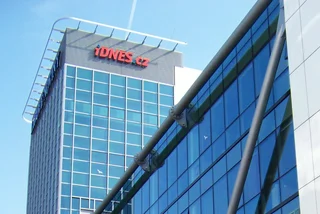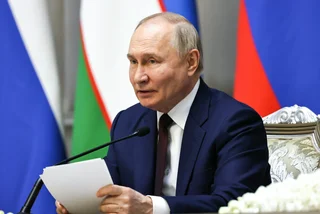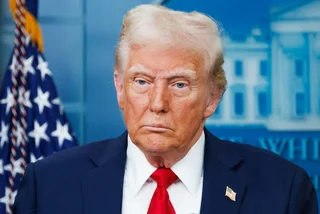In recent weeks, Slovakia has been rocked by significant changes in how its government exercises power over its national cultural institutions, raising concerns and drawing a fiery response from both within the country and in Czechia. Here’s a breakdown of the situation and its implications.
What exactly has happened?
Slovak Culture Minister Martina Šimkovičová, a member of the nationalist, right-wing Slovak National Party (SNS) and working under Prime Minister Robert Fico, has recently dismissed several key figures in Slovakia’s cultural sector. Among those affected are Matej Drlička, the director of the Slovak National Theatre, and Alexandra Kusá, the head of the Slovak National Gallery.
The dismissals have sparked outrage and are seen as part of a broader political purge aimed at stifling artistic freedom and consolidating control over cultural institutions.
Šimkovičová has cited reasons such as "political activism" and management issues for these firings. Critics, however, argue that these reasons are pretexts for a more significant agenda of suppressing dissent and centralizing power, as per Fico's wishes. The minister's actions come on the heels of a controversial reform of Slovakia’s public broadcasters, which has also faced criticism for undermining media independence.
How have cultural and political figures reacted?
The dismissals have prompted a strong response from Czech artists and cultural personalities. In a statement titled "It's Time to Lend a Hand!", figures such as actors Jirí Suchý, Zdeněk Svěrák, and writer Eliška Wagnerová have expressed their concern and called for support for their Slovak colleagues. They suggest offering employment opportunities and establishing a Czech-Slovak cultural fund to aid those affected by the changes.
Alexandra Kusá“There are some very vague reasons [for my sacking], most of them are fabricated, I don’t even bother to read them… it makes me sick."
In a sizable move, Czech Radio (CRo) in the past few days suspended its cooperation with the new Slovak public broadcaster STVR, citing concerns over potential political influence. This move highlights the broader implications of the cultural shifts in Slovakia and their impact on international relations.
What does this mean for Slovakia?
The sweeping changes in Slovakia’s cultural institutions are seen by many as part of a broader pattern of political interference, expert political commentators say. Šimkovičová’s actions are viewed as a continuation of a strategy to reshape cultural institutions according to the current government's agenda, mirroring tactics used in other countries with populist governments.
This crackdown has drawn comparisons to similar actions in Hungary, where the government has been criticized for its efforts to control cultural and media sectors. Critics argue that Slovakia’s current trajectory could lead to a cultural environment that stifles creativity and independence.
The country seems to be turning eastwards, too. The Slovak Ministry of Culture said earlier this year that will resume cultural cooperation with Russia and Belarus, which was suspended in March 2022 after Russia's large-scale invasion of Ukraine.
"There are dozens of military conflicts in the world, and, in our opinion, artists and culture should not suffer as a result of them," the ministry's press secretary reported Šimkovičová as saying.
How have Slovak and international media responded?
The Slovak media has condemned the dismissals, with reports describing the actions as purges with no legitimate cultural or administrative rationale. The national press and cultural figures have expressed concern over the political motivations behind these decisions, with some calling for the minister’s resignation.
Internationally, the situation has attracted attention and criticism from various quarters, including Czech cultural figures and foreign media. The situation underscores growing concerns about the erosion of democratic norms and artistic freedom in the region.
Albin Sybera, a fellow of the central European policy thinktank Visegrad Insight."We are seeing a spreading of radical right-wing positions into Slovakia’s mainstream discourse."
According to British media outlet The Guardian, the Slovak National Gallery’s director was replaced by a man with no track record in the arts.
What do the experts say?
Experts view Slovakia’s recent cultural purges as a disturbing trend towards authoritarianism, similar to practices observed in neighboring Hungary. Albin Sybera from Visegrad Insight likens the situation to Hungary’s shift towards radical right-wing policies, noting that these actions signal a broader effort to reshape cultural discourse according to the government’s ideological stance.
Critics echo this perspective, arguing that the dismissals and reforms reflect a strategic attempt to consolidate power and control over Slovakia’s cultural and media landscapes, potentially damaging the country’s artistic and intellectual freedoms in the long term.
A similiar situation in Czechia?
Those living in Czechia may compare events in Slovakia to those back home. Former Prime Minister Andrej Babiš during his tenure owned a large portion of the country's news outlets, most significantly Mladá fronta Dnes.
Journalists have also made comparison between the recent closure of the print edition of Lidové noviny, the oldest Czech daily newspaper, reflecting how media in the Czech Republic is increasingly influenced by business tycoons and oligarchs with interests beyond journalism. In Slovakia, similar media ownership patterns prioritize maintaining favorable relationships with the populist government of Fico over critical reporting, serving as a warning of the potential consequences in the Czech Republic.












 Reading time: 4 minutes
Reading time: 4 minutes 



 English
English
 German
German
 Czech
Czech
 Italian
Italian





























